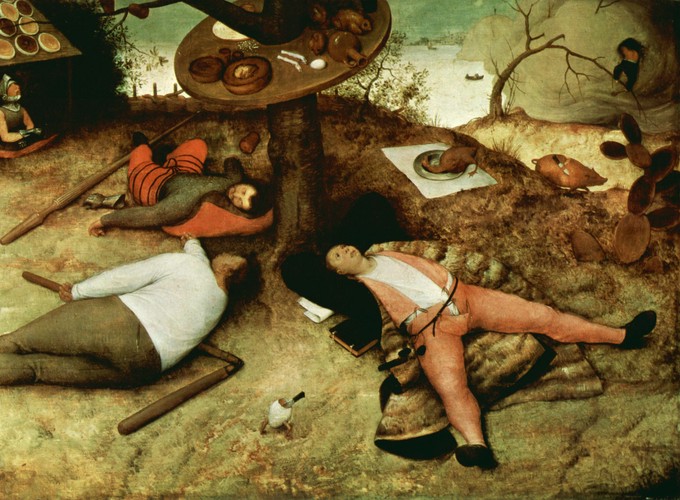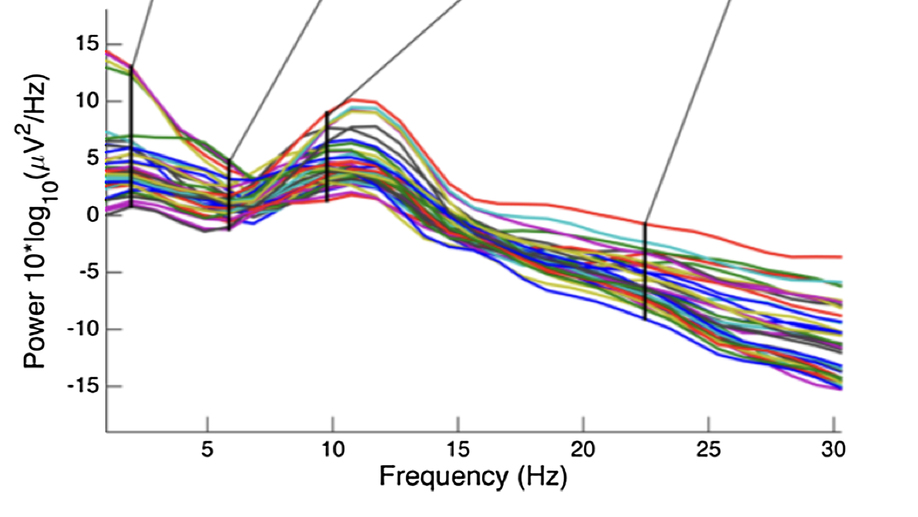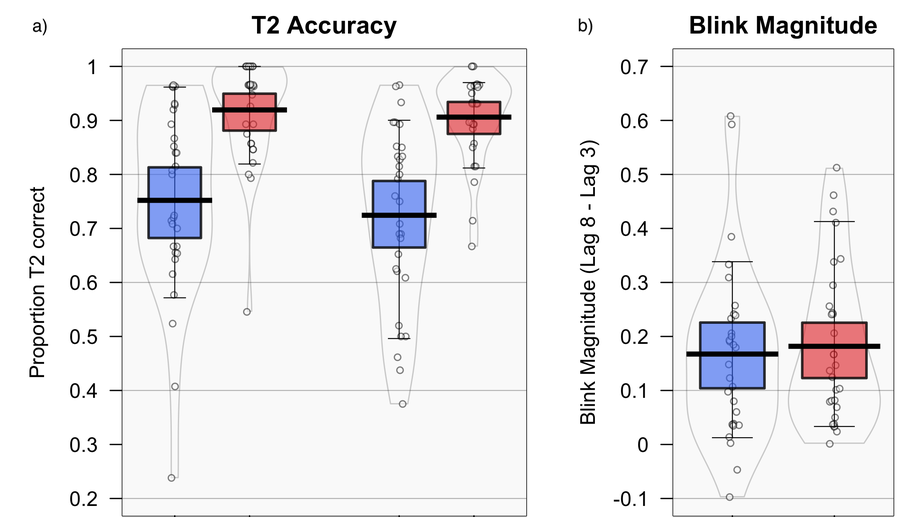Background
The quality of sleep, both over the long and short terms, can have profound effects on everyday functions including cognition, attention and memory (Alhola & Polo-Kantola, 2007). This overarching project will primarily focus on investigating the influence that sleep length and quality (both immediate and habitual) have on attention and memory in the general population. Aims: This project will use online experiments as well as surveys to objectively measures of these constructs. We will be conducting these through an online portals Inquisit and Qualtrics. We are also interested in how this relationship varies across the lifespan, so we will be recruiting across a broad age range.
Research Design
Participants will complete a set of online surveys: the Pittsburgh Sleep Quality Index (PQSI; Buysse et al., 1989), a shortened version of the Alcohol Use and Dependence test (AUDIT; Lundin et al., 2015), the Depression, Anxiety and Stress Scale (DASS-21; Henry & Crawford, 2005), the Autism Spectrum Questionnaire (ASQ-21; Baron-Cohen et al., 2001), the Morningness-Eveningness Questionnaire (Horne & Ostberg, 1976), some questions about screen usage, and some demographic questions, followed by a number of online tasks: the psychomotor vigilance task (PVT-B; Basner, Mollicone, & Dinges, 2011), the Iowa Gambling Task (Bechara, Damasio, Damasio & Andersen, 1994), and the Finger-Tapping Task (Casagrande et al. 1997). All of these measures have been selected as being quite brief to collect.
Broadly, the experimental results (reaction time on the Psychomotor Vigilance Task, performance on short-term memory in the N-Back task, number of taps per minute in the Speeded Tapping task) will serve as outcome variables, while the survey variables (sleep quality, mood, computer game use, autism spectrum characteristics, alcohol consumption) will serve as predictor variables in most of the studies, with the aim of exploring the effects of these predictors on the basic physiological and brain processes presumed to underlie performance on these tasks. Each student will officially preregister their hypotheses and analysis plan on the OSF (Open Science Framework) website, providing accountability and ensuring sound scientific practice. DOI links to these preregistrations will be available on request.
Potential Value and Significance of Research
This would be one of the first major studies in the area of sleep research to combine both standardised survey measures and online experiments. The area of online experimental research is rapidly expanding and offers many exciting possibilities, particularly for cognitive and reaction time measures that have been traditionally collected in the lab. The ability to collect large samples in this manner gives the ability to answer questions which are relevant to a broad range of individuals in society.


